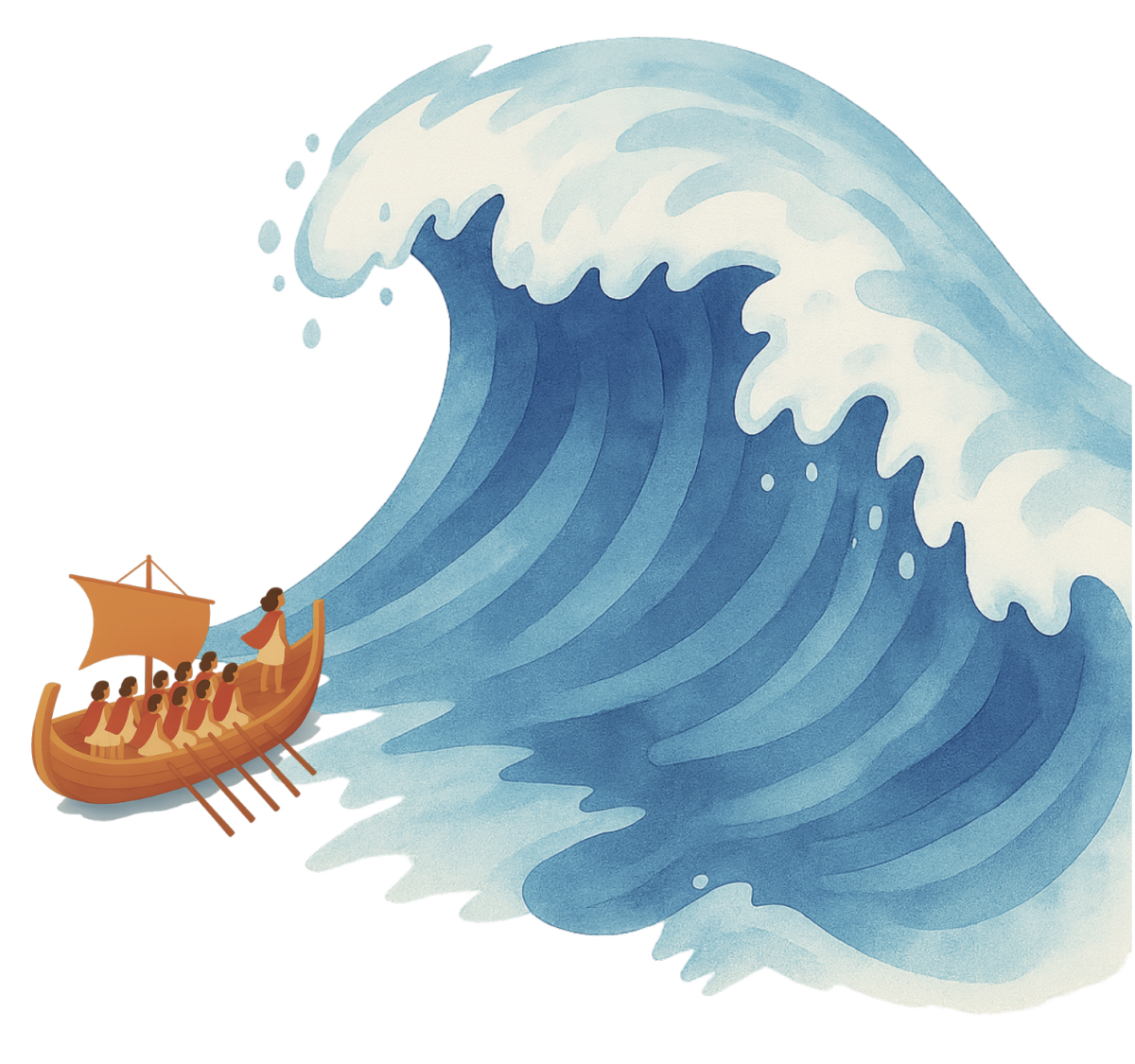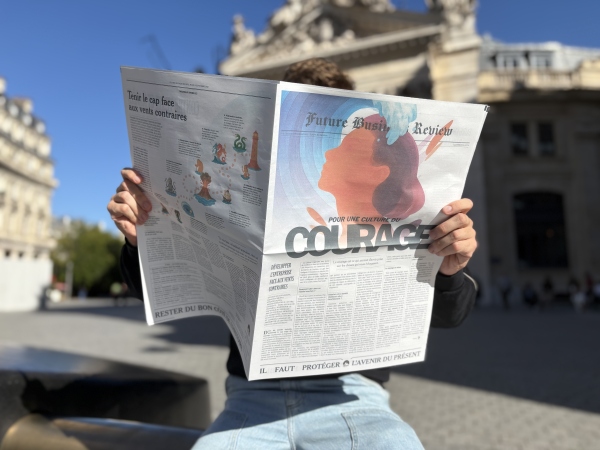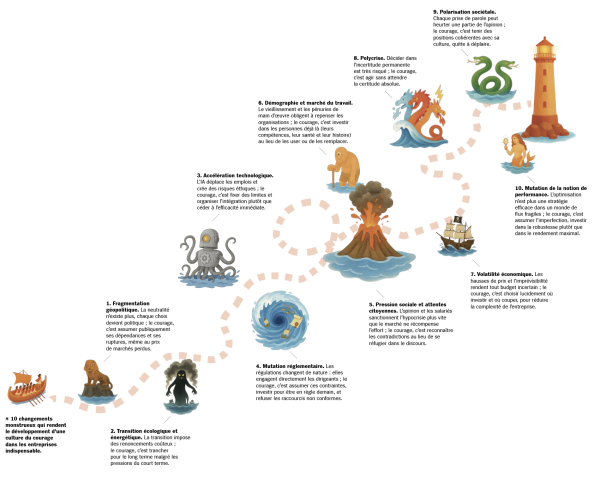The backlash against ESG, CSR, or benefit corporation statuses is no longer just a rumor from America. It has settled into political discourse, infiltrated economic decisions, and sown doubt even within the most committed companies. In this climate of questioning, some organizations are choosing not to retreat. They are holding on, even when everything encourages them to slow down. What is this kind of courage? We posed the question to three figures of change: Valérie Brisac (Communauté des entreprises à mission), Mehdi Coly (Team for the Planet), and Thomas Breuzard (B Lab France, Norsys, Mouvement Impact France).
The Backlash Isn't What You Think
For Valérie Brisac, the backlash is above all ideological, not economic: “The players in the economy are not backing down. This is an opportunistic, populist discourse coming from across the Atlantic. But a company that anticipates ecological risks cannot go backward. That would be economic suicide.” Mehdi Coly, for his part, dismisses the issue: “If your business model depends on convincing people to be virtuous, you’re dead.”
More nuanced, Thomas Breuzard acknowledges some tough blows: “The moratorium on the CSRD [Corporate Sustainability Reporting Directive] broke a lot of momentum. In some mission committees, it was a real shock.” For him, we shouldn't underestimate the harshness of the current moment, but we must place it within a broader struggle: “This isn't a popular backlash; it’s a historical system putting up resistance because it feels the tide could turn.”
Structural Courage: Where There's No Compromise
The courage in question here is not heroic. It is nested in governance choices, in company bylaws, in the regularity of audits, and in deliberate sacrifices.
Valérie Brisac insists: “Courage is making choices that might cost in the short term but will build a trajectory that allows the company to endure and strengthen its utility.” At Norsys, Thomas Breuzard details: “We’ve refused lucrative contracts because they weren't aligned. We also integrated nature into our governance. It has a veto right on the board of directors.”
At Team for the Planet, it is the structure itself that protects the mission. “We are a limited partnership to prevent any takeover. Even if someone wanted to buy the company, we could stop them.” Power is distributed, and the mission is sacrosanct.
Holding On, Together and for the Long Term
What enables a company to last? A system and concrete actions, more than intentions or overt activism. Mehdi Coly: “We don’t do reporting. We're here to grow businesses, not to make slides.”
Thomas Breuzard speaks of “flexible radicality”: “You have to be radical in the goals you set, but flexible in how you bring people along. If you go too fast, you fall flat on your face.” What he advocates for is an ability to impose a direction without creating unnecessary rupture—a courage that builds rather than confronts.
Valérie Brisac adds: “Courage is making choices that might cost in the short term but that allow the company to remain faithful to what it claims to be. And sometimes, these are small, daily decisions, but they are what prevent the mission from withering away.”
Towards an Economy of Fidelity
Ultimately, what these organizations embody is not so much the courage to say no, but the courage to uphold a promise over time, even when it becomes uncomfortable (the entire story of Penelope). It's a slow and systemic courage.
“What matters to me,” says Thomas Breuzard, “is when people at our company say: ‘I get offers every week, but I would never leave.’ That’s when you know you’re onto something.”
In an era of easy concessions, this courage of fidelity—to principles, to a mission, to a possible society—is perhaps the most structuring political act for organizations today.





